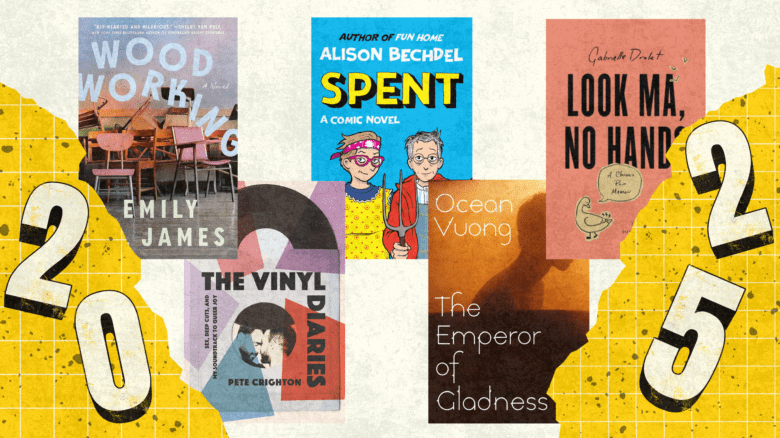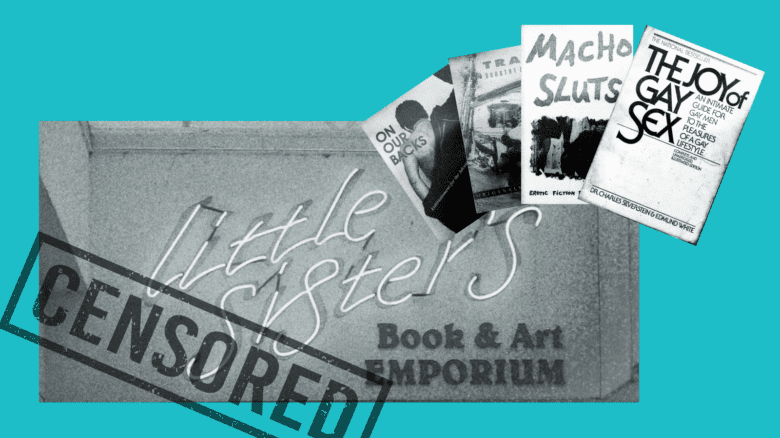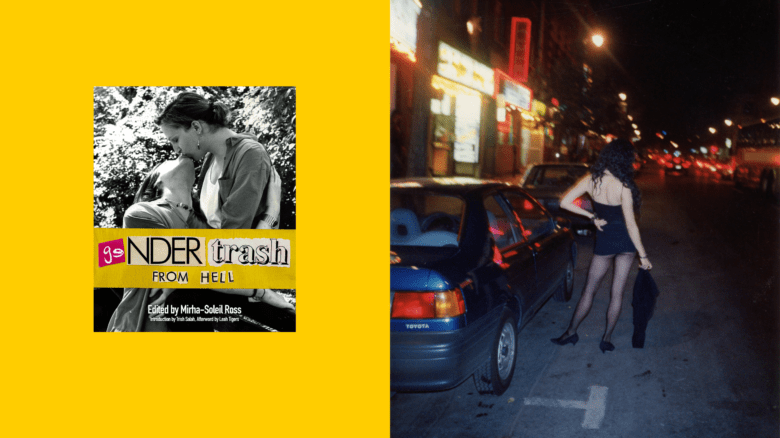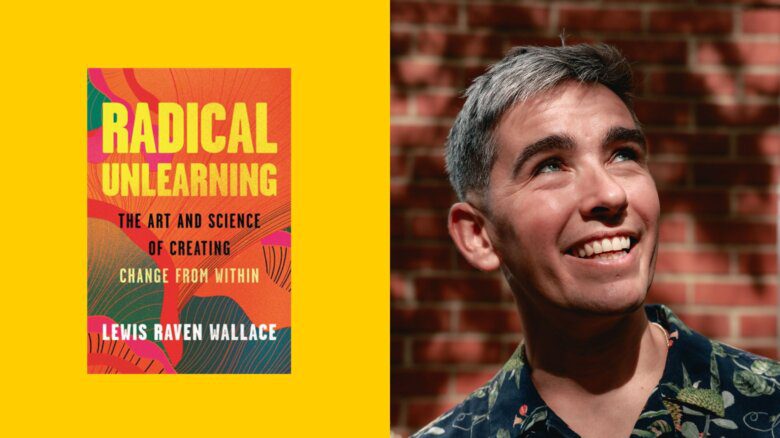I am forced to assume, given the evidence, that every article about Harvey Fierstein is required by some gay statute to mention his speaking voice (memorable! distinctive!). But if we’re being honest, there’s as much or more to say about his ear: for pace, for tone, for a hot quote. Our interview begins when triple-threat Fierstein, author of foundational queer works like Torch Song Trilogy and the stage musical version of La Cage au Folles, accidentally calls me too early from his home in Connecticut. While I am immediately keen and attentive (despite juggling my dog, coffee and six-year-old on the way back from a walk), Fierstein catches my slight note of surprise and asks: “Are you ready there? Did I call the wrong person?”
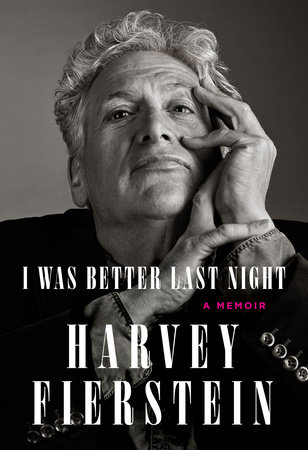
The call was early, but I am definitely the right person. My queer young-adulthood was thoroughly marked by Fierstein’s work as an out, gay man with a Jewish upbringing and a love of performance, a life not far (geographically or emotionally) from mine. I watched the movie version of Torch Song Trilogy repeatedly and pored over the script when I eventually found a copy in Boston’s Glad Day Bookshop, going back for more with each new play and movie. He’s won four Tony Awards (one for his role as Edna Turnblad in the stage musical of Hairspray), and even wrote the book for the Tony award-winning musical Kinky Boots. To say I was ready to ask some questions would be an understatement, to say the least.
Forty-five minutes later, at the appointed time, Fierstein calls back (“Are you ready for me now?” he fairly purrs) and we have a great conversation about his excellent new memoir, I Was Better Last Night, which details his childhood, artistic exploits and queer experiences as a trailblazer in the arts with every bit of his legendary ear for dialogue and relentless curiosity about himself and the world around him.
The book itself contains so much humour and heart, including professional successes and personal challenges. There’s even a story of his mother, Jackie, taking his grandmother to see Torch Song Trilogy on Broadway: “Granny Goose turned to my mom and loudly asked ‘Is Harvey a homosexual?’ Jackie, nonplussed, answered ‘How should I know? Do I sleep with him?’”
Which were the most fun stories to recall for I Was Better Last Night?
The ones about friendships. The silly ones, the ones about making movies, the ones that didn’t mean a lot to me emotionally but they sure were fun to tell. The celebrity crap is a lot of fun; the party stories. I did not allow myself too many of them because that’s not really what the book’s about. I didn’t want it to be a showbiz book, because my life is not defined by show business. Enough to amuse, that was my rule.
Were you ever tempted to dig for more, or put back parts you’d left out?
I was talking about writing the book with Shirley MacLaine, and she gave me great advice: let memory be your guide and it will be your best editor. I’ll be 70 in June and that’s a lot of life. You can’t put it all in one book—and I would have made myself crazy trying. It was the right advice. Even so, sometimes I’d start writing a story and then I’d think, “Ech, who cares?” And then on the other end, in the section on AIDS, I could write a whole book just of my friends who died, but what would that add up to? I limited it, and I felt good about it that way. The book you read is the book I wanted to write, the book I set out to write.
Is there a dream collaboration you’d love to do? A dream chapter for the next book?
Absolutely. There are so many talented people in this world, so many friends I love and adore that I’ve never gotten to work with. I keep thinking it’s time to take it slower but as we speak I have seven active projects going, so probably not yet. But absolutely, I have dozens of ideas constantly, and so many people I’d love to work with. Some I might get to and some I might not, but there are a million possibilities and every one of them has romance to it. Everything is interesting to me. Anybody who’s bored in this life is living their life fucking wrong. Open the window and holler out, “Who’s there?” There’s so much to do in the world.
Do you maybe want to tease even one dream idea?
No. No—if I tell you about it, I won’t do it. You know why? It’s like sitting down to write when you already know what you’re going to write and everything that happens. Ech, it’s not worth it. I want the discovery, I want the journey. I want to be surprised by what happens.
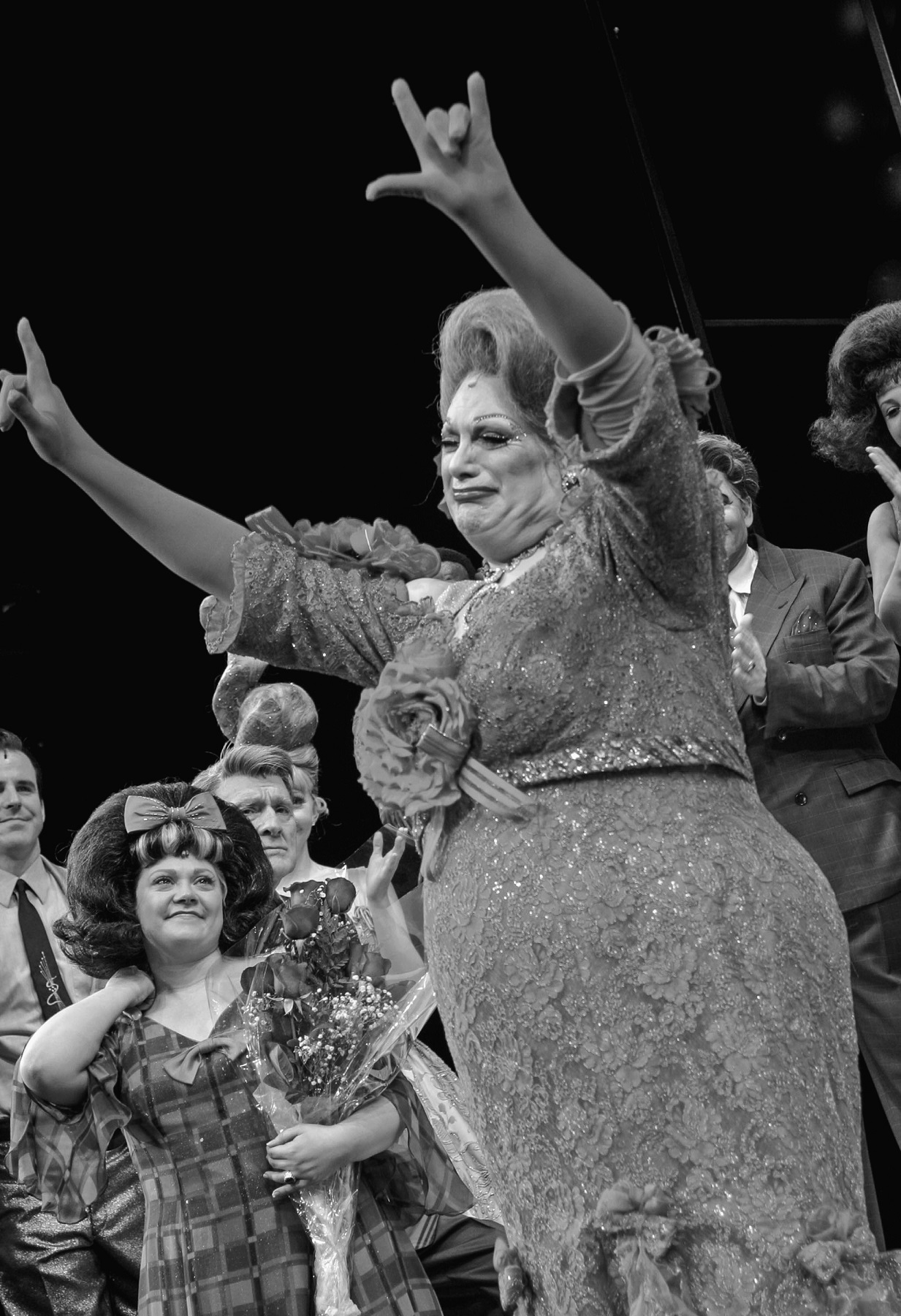
Do you think about going back to performance?
I assume I will someday do another act, some songs and some monologue and some standup. They’re very hard work; it’s just you out there. The commitment is big. At the moment, I’m not feeling the pressure to perform. I’m not “an actor,” I’m not “a writer,” I’m not even “a quiltmaker.” Sometimes I feel like writing and sometimes I feel like acting and sometimes other things, too. But I do like acting in other people’s work better than in my own. If I write it, I already know what happened. It’s not as interesting as picking up something that you have no idea what it is, and getting into someone else’s brain. That’s the real good stuff.
But of course, a lot of other playwrights think that you don’t want to act in their plays because you’re writing your own and you’re not interested in doing their thing. I was talking to Eric Bogosian, about when he was writing stuff like Talk Radio and acting in his own plays, but people were scared to offer him anything else they’d written. I know that’s true of others as well. But actually my feeling—and I think what most of us who write and act feel—is the opposite. I want to work. Send me scripts! My shingle is out and I’m ready to go.
I’ll put it in the paper, maybe that will help. But it’s a great quote regardless. You really deliver with the flourishes at the end, here.
I like an ending. Maybe it’s something in the zeitgeist, but modern actors as I see it, they no longer act to the end of the sentence. They get halfway and sort of drift off. They don’t realize that a sentence has a beginning, middle and end. Maybe it’s a modern acting style, or maybe it’s a lifestyle, but complete your fucking thought and then go on to the next one.
Or maybe it’s the writing; I don’t know. I rewatched The Ballad of Buster Scruggs recently, When it came out I loved it. A lot of people hated it. The endings are very abrupt. You do realize they’re real endings, but they’re also unsatisfactory endings. I started watching it again the other day, and now I have the same criticism that other people had: you gave me an idea for a story. You gave me an idea for a story, and a pitch for the ending instead of doing the work and actually writing a fucking ending. It’s clever, but there’s something to pleasing your audience, isn’t there? Giving them the full meal and the dessert. It’s so satisfying. That’s for me. Go all the way until they’re satisfied.
Is there something you want to be working on right now?
Movies don’t interest me right now. I do have a couple of projects that I’d love to see filmed but I’ve been turning down the movie of [the musical] Kinky Boots. Right now, a lot of people are trying to buy Kinky Boots to make a movie of the musical. But really, if there’s a show I want, I just sit down and write it. I write it to find out what’s there, what’s interesting, what’s new in my own thought process. If somebody does it, great. But if not? That’s fine, too. I’ve been in the business a long time and written so many movies that never got made; I’ve had deals at every studio to do different kinds of shows, none of which has ever happened. I’ve written a lot of stuff that’s never been seen. You find a place for it in your heart, and then it’s okay and you move on. I have one friend who’s a very successful playwright and he writes a lot of TV, too, but he wrote his memoir and he can’t sell it. He’s obsessed with getting it published. I haven’t had that; I just move on to the next thing. After a while you have to learn that in this business or you’ll go crazy.
Is there a question you keep hoping someone will ask about the book? Something you’re dying to talk about?
Nah, not really. I’ll tell you, these interviews are interesting to me to hear what people ask me. It tells me what people are getting out of the book—that chapter landed with this one, this chapter landed with that one. I know myself; I know where to find me. I want to know what’s happening for other people. Other people are much more interesting to me at this point in my life.
In that case, can I finish by telling you a quick story?
Sure, go ahead, but I have someone after you soon so make it quick.
I saw Torch Song on Broadway a few years ago, during the remount, and because of my schedule I could only see a matinee, so I saw it surrounded by a classic matinee crowd. Lots of bubbies and zaydies, lots of hard candies, lots of “quiet” talking to their friends. I wasn’t sure how it was going to be. Anyhow, they did okay mostly, and they were quiet through the scene in The Stud and so on. But then, in the third act, when Arnold’s mother says, “You think you walk into a room and say, ‘Hi Dad, I’m queer’ and that’s that? You think that’s what we brought you into the world for? If I’d known I wouldn’t have bothered!” It always hits me hard, because I’m not sure my mother would have bothered, either. But this time, all the ladies behind me were appalled. They were horrified! One of the women right behind me said, “Oy, shame on her,” and I have to tell you: I started crying. When I first saw the movie as a teenager, I never imagined a day when the chorus would judge her, and not him. It was a truly great moment for me.
That’s wonderful. That’s wonderful. I’m glad you got that moment in the theatre.
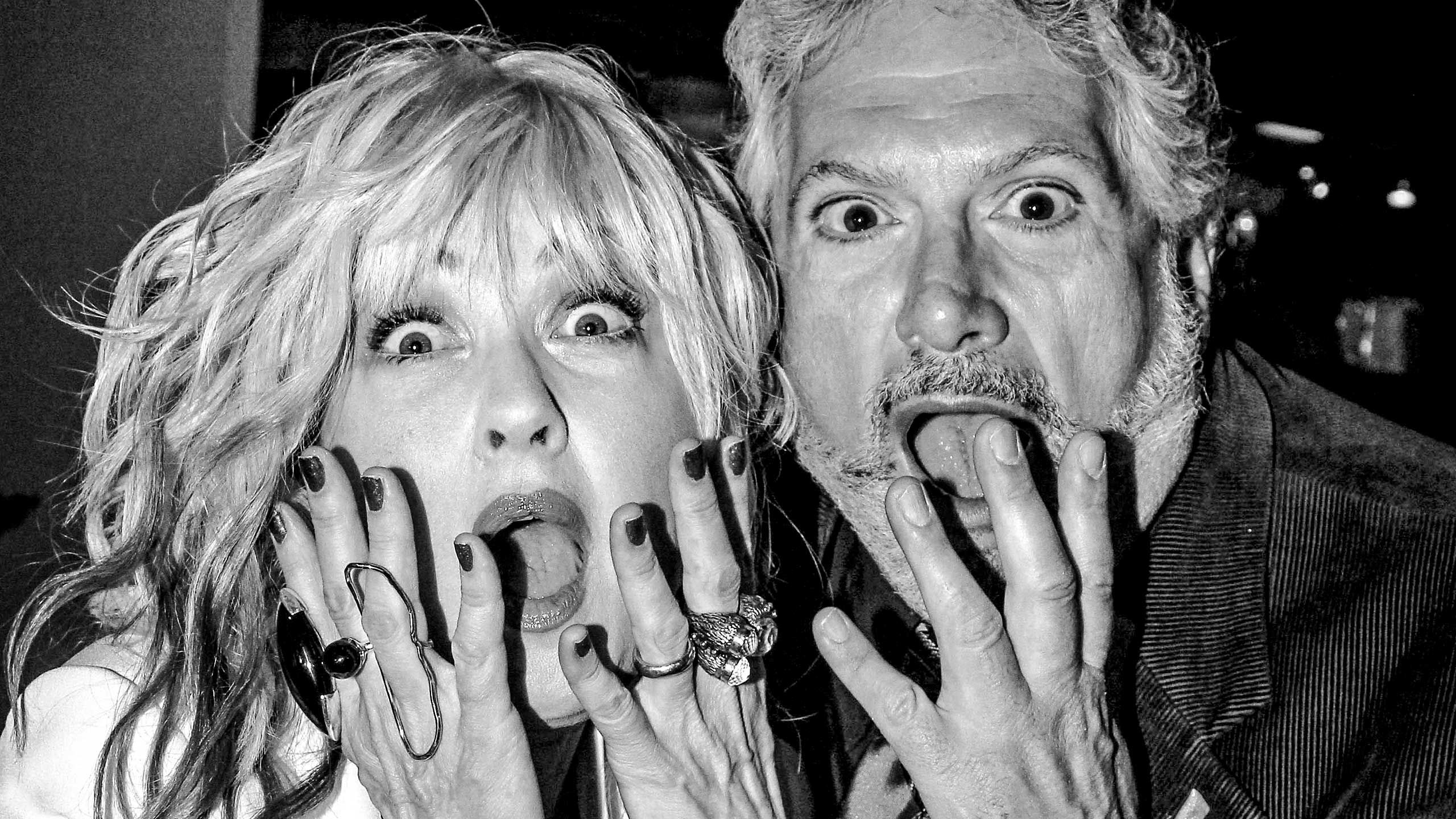
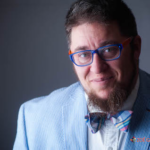
 Why you can trust Xtra
Why you can trust Xtra